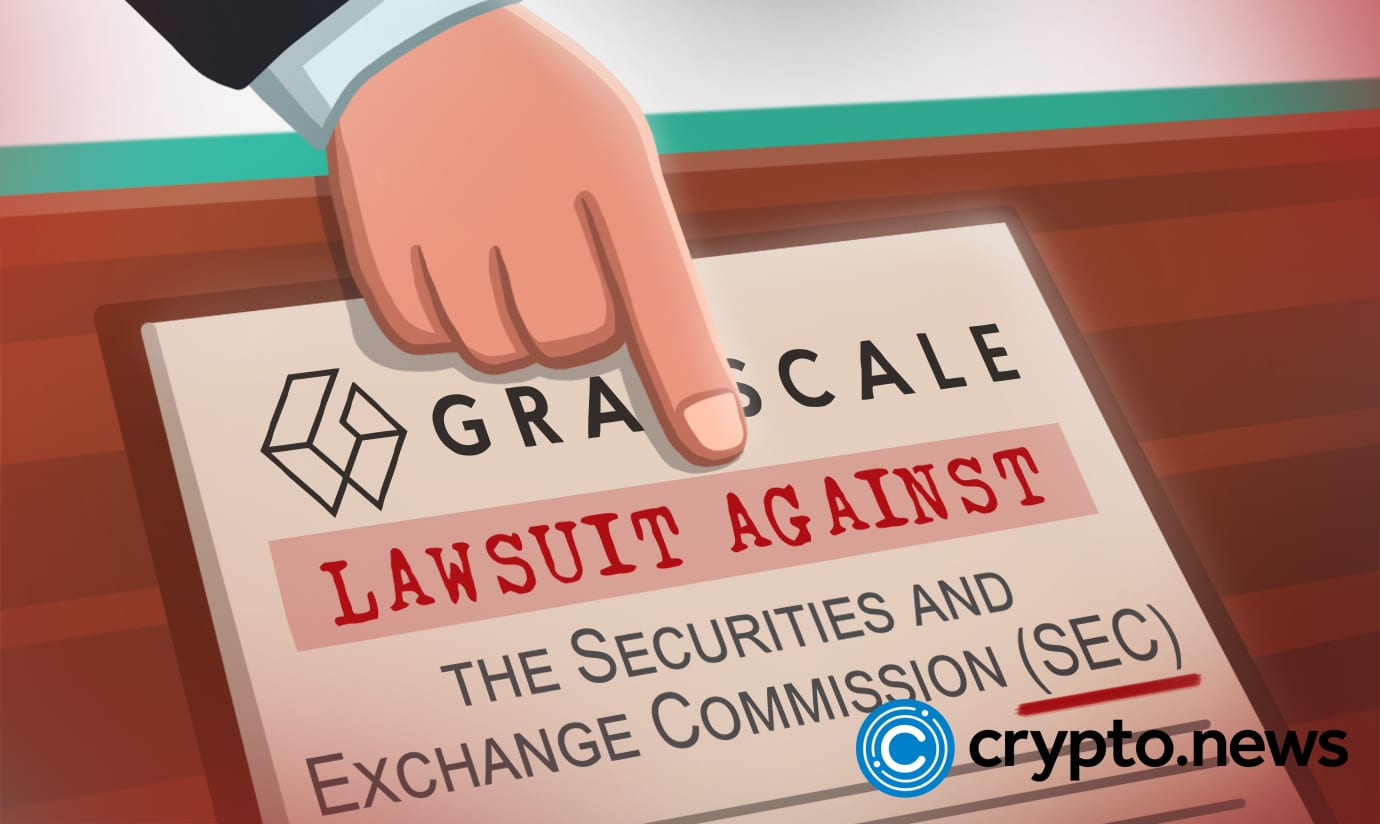WhiteBIT is one of the major European crypto exchanges with over 2,5 million users, headed by Volodymyr Nosov. Traders have access to a constantly growing number of trading pairs and hundreds of assets on the platform. WhiteBIT is also an ecosystem of products in the FinTech area. WhiteBIT exchange not only offers a wide range of crypto to buy, but the exchange also provides a vast choice of state currencies, margin trading with a leverage of up to 20x, and Bitcoin perpetual futures.
One of the main features of the WhiteBIT exchange is constant development. We work hard to provide our users with handy trading tools. We also never stop developing and increasing the functionality of our products, building new partnerships and, of course, helping our beloved Ukraine says Volodymyr Nosov.
The company was founded in 2018 in Kharkiv, Ukraine, and has been working tirelessly to increase the level of blockchain adoption among Ukrainians and throughout the globe ever since. One of the main goals of Volodymyr Nosov and his team is to make operations with digital assets accessible to everyone.
Besides, the CEO of WhiteBIT helps the company enter the international market and negotiates partnerships with various companies and foundations to help them implement cryptocurrency as an additional and effective method of payment or fundraising. Over the past few months, the number of updates and collaborations has skyrocketed: Volodymyr Nosov shared a lot of new projects and partnerships.
Whitepay
It is a crypto processing platform created in September 2020 in Kharkiv, Ukraine as a part of the WhiteBIT ecosystem. Whitepay allows making cryptocurrency payments without restrictions, and the solution integration takes only up to 24 hours.
From the first days of the hostilities in Ukraine, the platform made it possible to donate for the needs of the country at war in multiple cryptocurrencies. Crypto enthusiasts from all over the world immediately joined in to help. At the moment, more than $1 million has been transferred for civilian and military needs.
On the 5th of May, Whitepay concluded an official partnership with the United24 platform, founded by Volodymyr Zelensky. United24 is a tool to accumulate funds from anyone who wants to help Ukraine win the war.
Whitepay has also started collaborating with the Tabletochki Charitable Foundation. It means that now people can make cryptocurrency donations to help children fight cancer.
Gagarin News
Volodymyr Nosov is also the creator and co-host of Gagarin Show. It is an educational YouTube show about crypto where the hosts explain various concepts humorously and straightforwardly and discuss the latest news.
Gagarin News is an international news project about blockchain and cryptocurrencies available in Ukrainian, English, and Russian. Volodymyr Nosov comments: Scaling Gagarin Show into an international and multilingual Gagarin News project is a logical step for my team and me. In the future, the project will provide unique technical tools that are going to be based on modern algorithms. On the portal, users can find the latest news from the crypto world, research results in the field of blockchain, market trends, etc.
Integration with the Diia web portal
At the beginning of the year, the WhiteBIT exchange integrated with Diia, thanks to which the exchanges users from Ukraine now have an opportunity to pass a quick identity verification.
Diia is a web portal of public services in Ukraine, which allows saving IDs in a digital form and gives access to a wide range of other public services. According to Nosov, Integration with Diia is the next step towards improving the interaction of Ukrainian users with our crypto exchange. It helps to bypass the old verification procedure and waiting for an account verification decision. I hope that one day, WhiteBIT will offer the same to our users from other countries.
Cooperation with the Ministry of Foreign Affairs of Ukraine
In April 2022, the Kharkiv-based company WhiteBIT also signed a memorandum with the Ministry of Foreign Affairs. Within its framework, the exchange provides information support and technical means to facilitate and improve communication between the consular service and those citizens of Ukraine who need help in countries where the company has its offices.
The CEO noted, This collaboration proves that business can cooperate with the government fruitfully. WhiteBIT is always ready to provide aid to its native city, Kharkiv, and the whole Ukraine in such a difficult time. An online meeting between the Minister of Foreign Affairs, Dmitro Kuleba, and Nosov also took place. They discussed the current role of digital assets and blockchain, and how they shape todays world.
Volodymyr Nosov also said that WhiteBIT plans to continue giving and accumulating financial aid and other means to support Ukraine, its citizens, and the Armed Forces.
Nosov also mentioned that the WhiteBIT exchange team has been actively developing new markets and working on new functionality. He says that the outcome of this work lies not only in new convenient functionality introduced on the exchange but also in the companys ability to assist its native country, develop its digital capabilities, and bring both victory and freedom as close as possible. In conclusion, the head of WhiteBIT claimed that he has more news to share and cooperations to announce, but all in good time.












